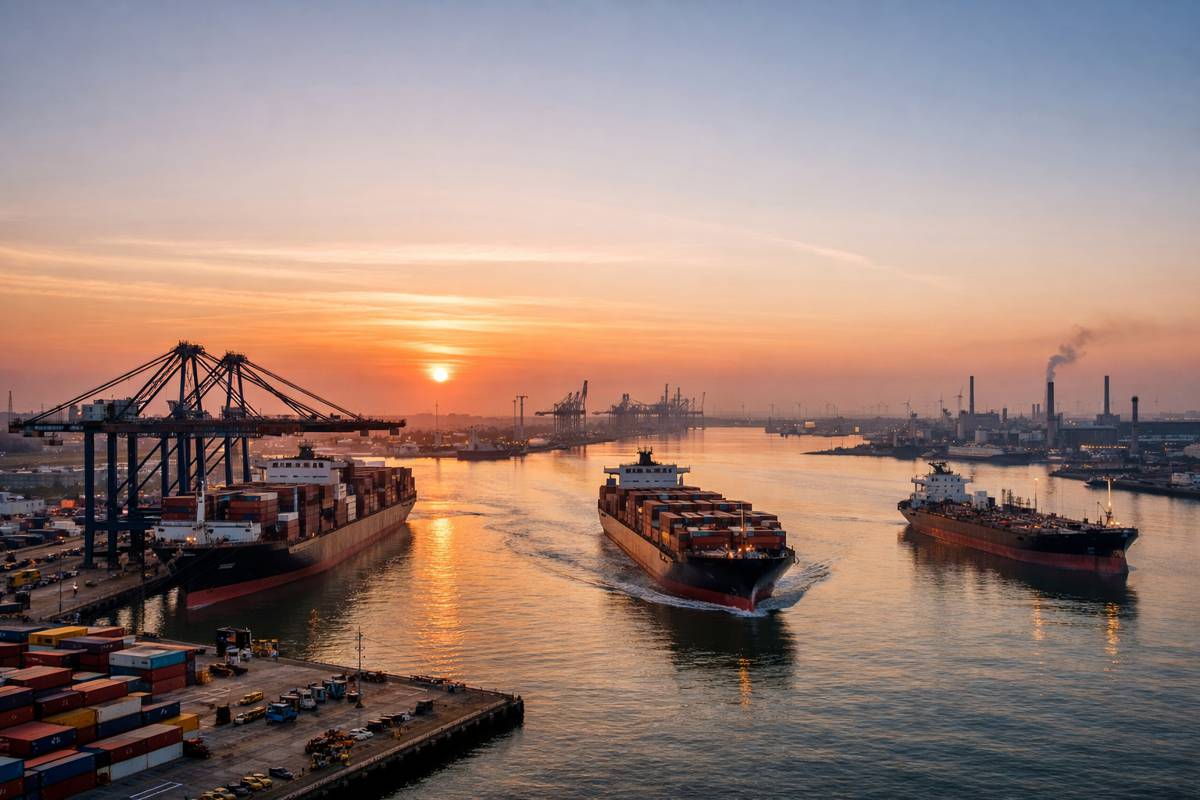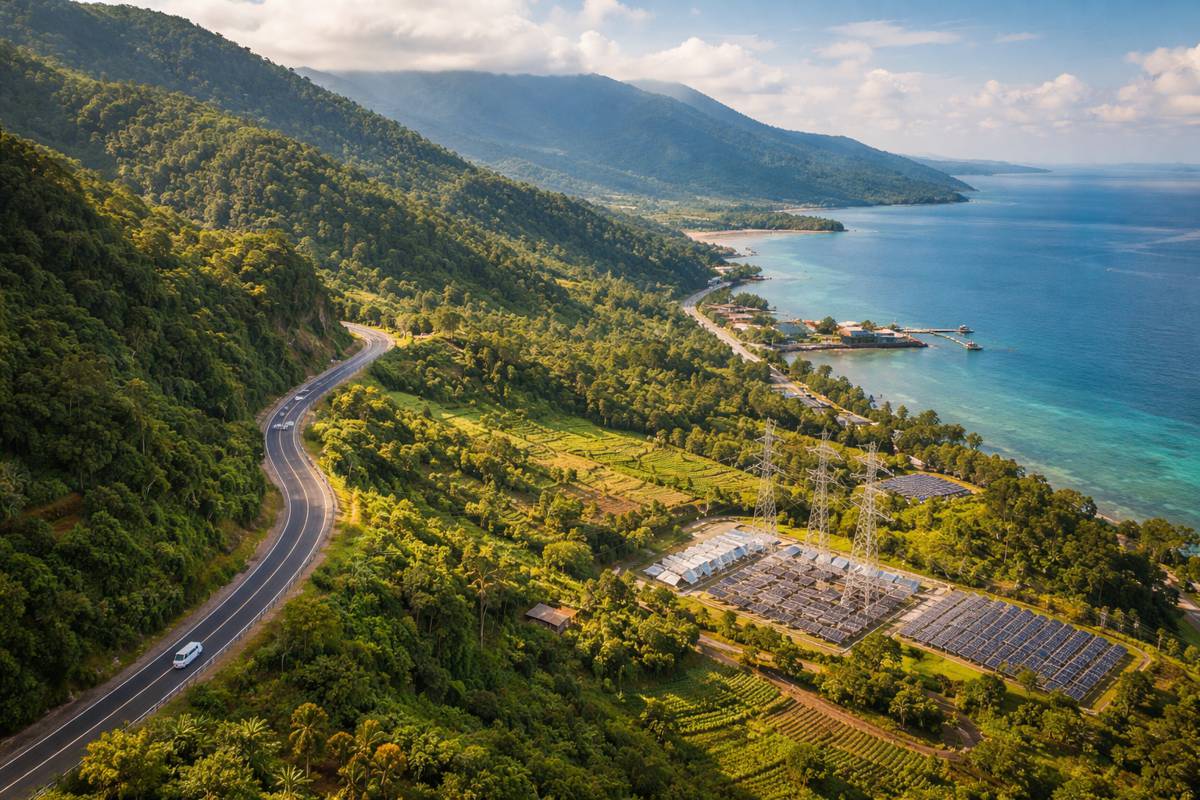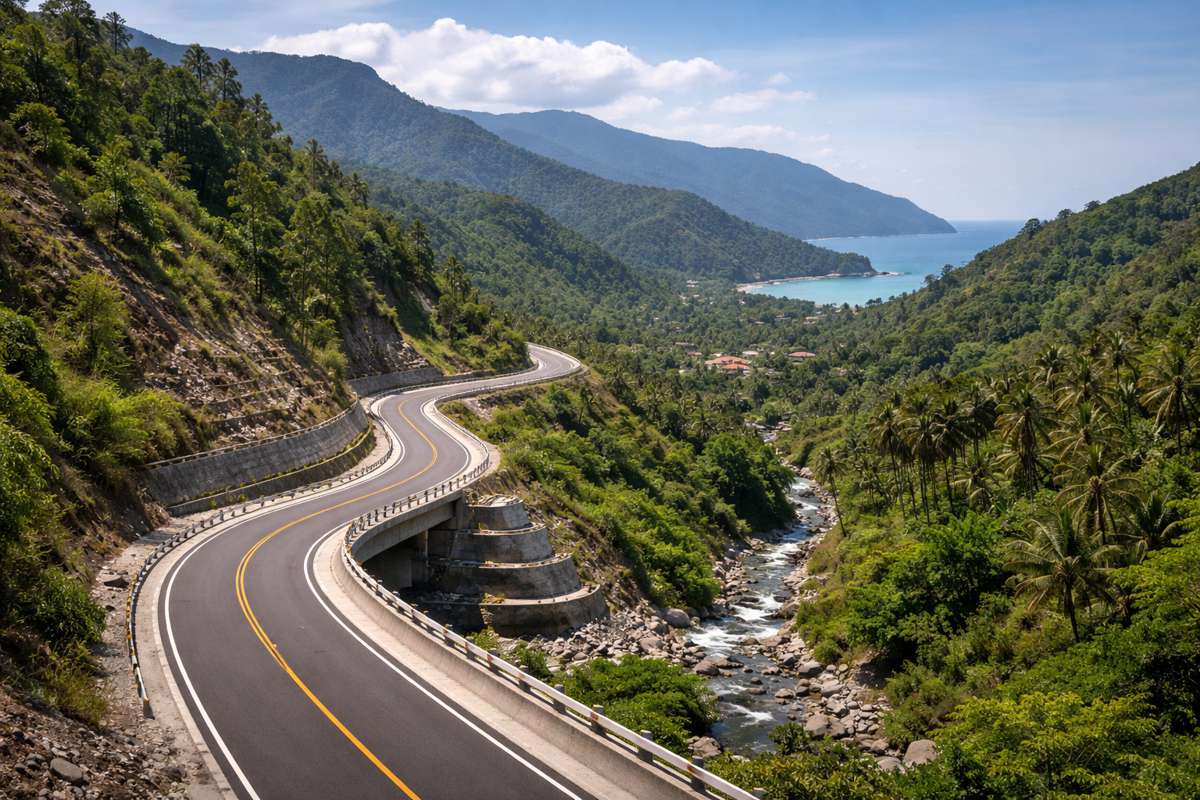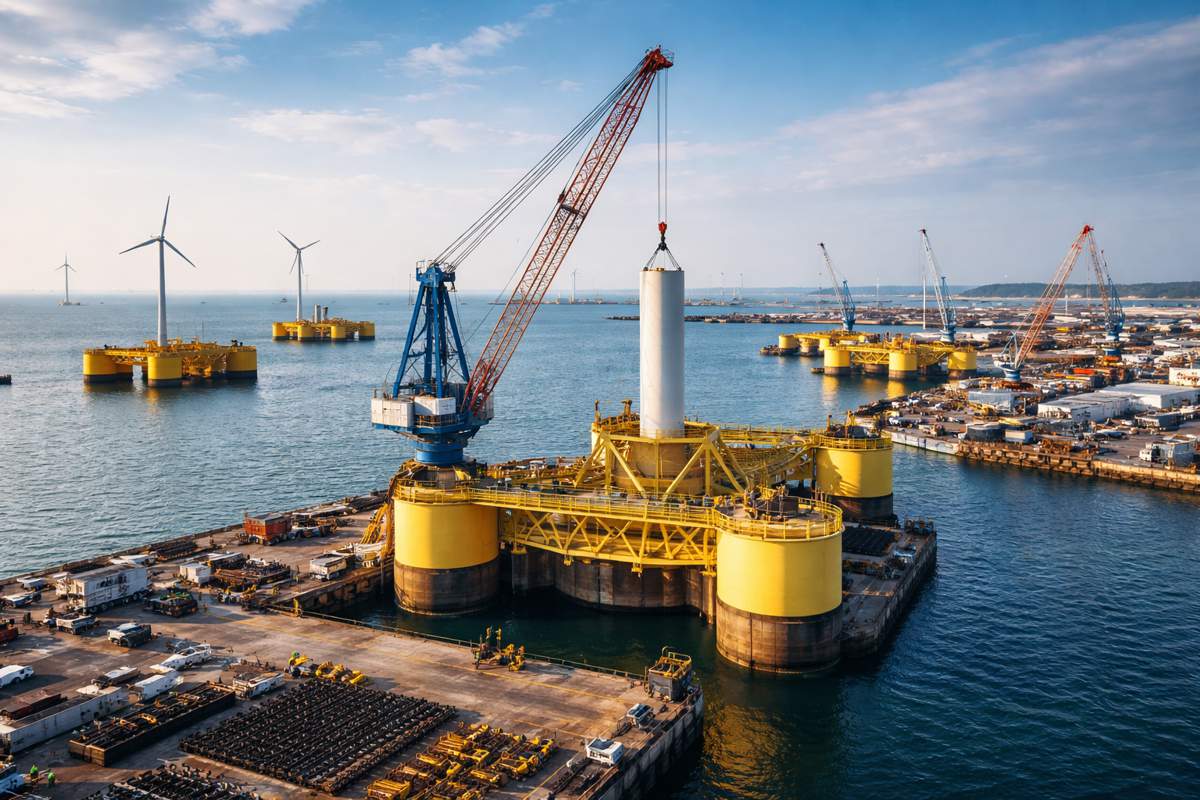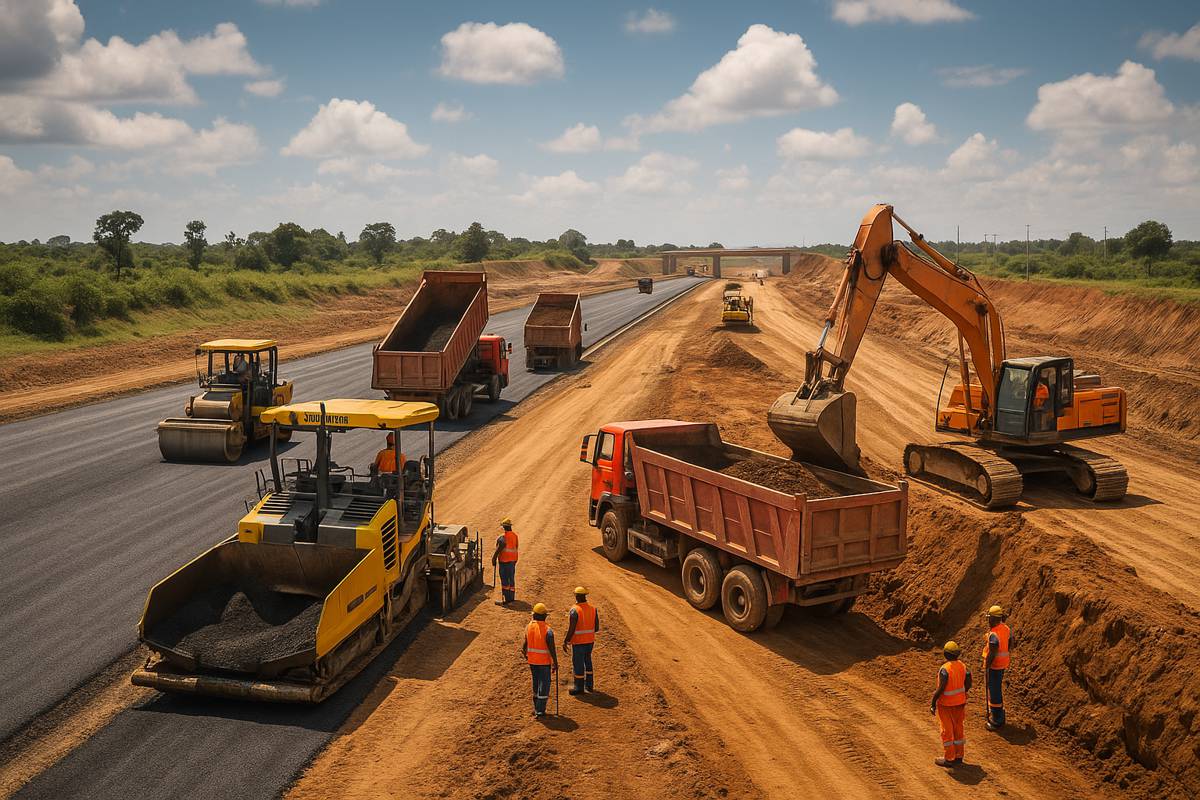British Road Industry welcomes MP’s calls for roads to have heatwave resilience
The Road Surface Treatments Association (RSTA) has welcomed calls from MPs for government to examine the ability of local authorities to ensure that the local road network is resilient enough to withstand prolonged heatwaves and not melt.
In its report ‘Heatwaves: adapting to climate change’, the House of Commons Environmental Audit Committee highlighted this summer’s issue of melting roads across the UK. It pointed out that previous heatwaves had a significant road maintenance cost. The heatwave of 2003 cost £49.6 million of necessary road repairs, £3.6 million of which was in Oxfordshire alone.
Most roads will not begin to soften until they hit a temperature of around 50°C. However, even a sunny day in the 20°Cs can be enough to generate 50°C on the ground as the dark asphalt road surface absorbs a lot of heat and this builds up during the day with the hottest period between noon and 5pm. With temperatures regularly reaching the high 20°Cs, the bitumen in some road surfaces may soften and rise to the top. This makes the road surface sticky and more susceptible to pressure loads from heavy vehicles resulting in surface ridging and rutting.
The response from local highway authorities is to send out gritters to spread granite dust to absorb the soft bitumen and so stabilise the road surface and make it less sticky.
Following a heatwave in 1995, the road industry introduced a new asphalt specification introducing the use of polymer modified binders in hot rolled asphalt (HRA). These polymers raise the asphalt road surface softening point to around 80°C which prevents it from softening under extreme hot weather. Other asphalt products such as thin surface course systems also normally contain polymer modified binders.
However, such modified asphalts tend to be more expensive and are generally only used on heavily-trafficked roads such as the motorway and trunk network of which only 50% is surfaced with the most heat resilient material. The percentage of local roads treated with heat resilient asphalts is much less at an estimated 5%.
“MPs on the Environmental Audit Committee recognised that very few car journeys start and end on the strategic road network. It is the local road network on which the vast majority of journeys are made yet the heat resilience of this network is clearly unable to cope with prolonged high summer temperatures,” said Howard Robinson, RSTA Chief Executive. “Local highway resources do not have the funding to address the problems of freezing in winter and the resultant potholes let alone the repair of roads melting during the summer.”
He continued: “Today, most road surface dressings used to seal road surfaces and restore skid resistance contain polymer modified binders which resist softening during periods of hot weather. Unfortunately the continued lack of investment in the local road network and the increased pressure on local authorities’ reduced budgets means a significant reduction in planned programmes of surface dressing road maintenance. The result is a road network unable to cope with either winter or summer weather.”









